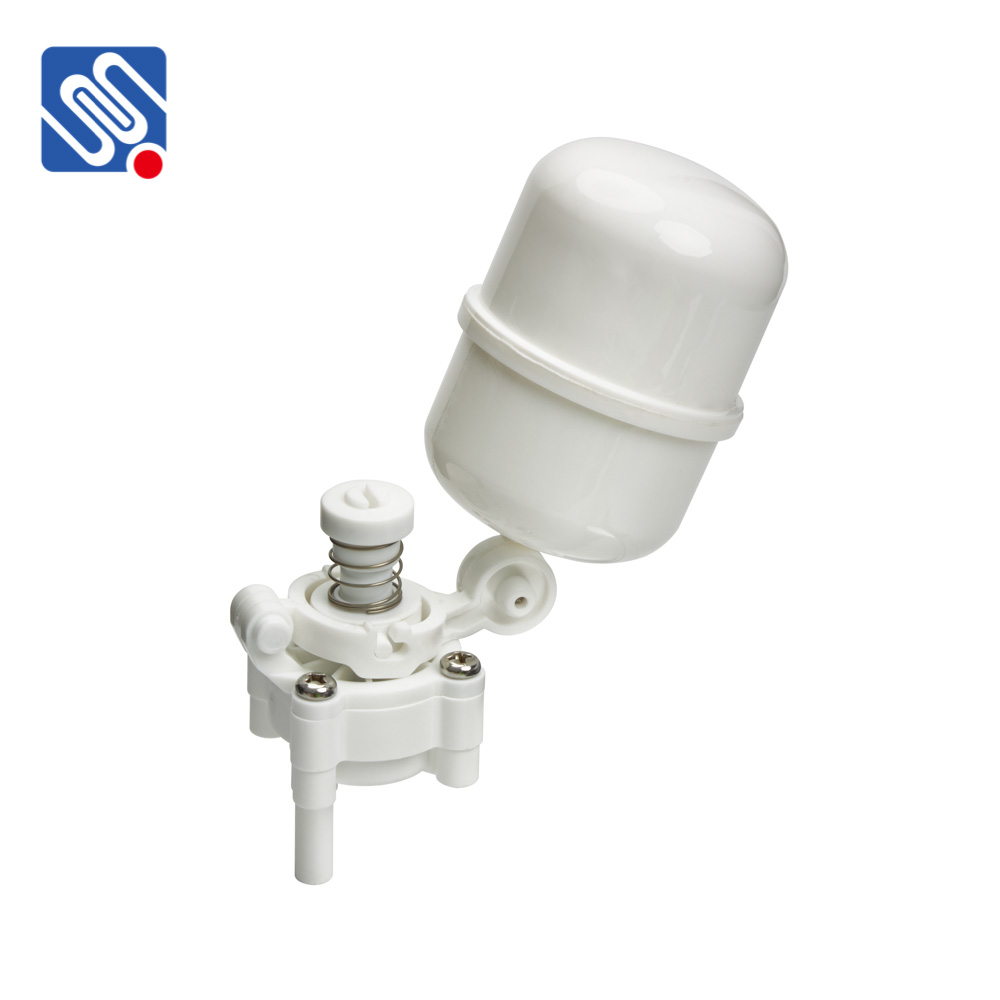understanding plastic valve for water systems: advantages, types, and applications
Release time:2025-08-15 12:08:05
Plastic valves for water systems have become increasingly popular in a variety of applications due to their numerous benefits. These valves, typically made from materials such as PVC (Polyvinyl Chloride), CPVC (Chlorinated Polyvinyl Chloride), PP (Polypropylene), and PVDF (Polyvinylidene Fluoride), provide cost-effective, lightweight, and corrosion-resistant solutions for controlling the flow of water. In this article, we will explore the key advantages, types, and applications of plastic valves in water systems, and how they contribute to the efficiency and longevity of such systems.

Advantages of Plastic Valves
Plastic valves offer several advantages that make them ideal for water systems. One of the primary benefits is their corrosion resistance. Unlike metal valves, which are prone to rusting and degradation over time when exposed to moisture and water, plastic valves remain unaffected by corrosion. This is especially important in environments with aggressive water conditions or high mineral content.
Another significant advantage is their lightweight nature. Plastic valves are much lighter than their metal counterparts, which makes them easier to transport, install, and maintain. The reduction in weight also means that plastic valves can be used in systems where minimizing the overall weight is crucial, such as in industrial or agricultural applications.

